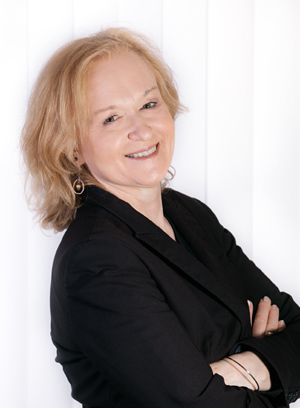Friday July 15, 2022 | VICTORIA, BC
by Molly Pearce | Island Social Trends
Many families with children in their late teens and early 20s will be emotionally preparing themselves this summer, to send their kids off to leave home for the first time this fall.
Whether it be for university, work, or travel, leaving home is usually an exciting and nerve-wracking time—for kids and for parents alike.
The emotional toll on these families during this time creates a distinct atmosphere that can seem almost melancholy. Leaving home for the first time means new-found freedom for all involved, and it is a necessary step for young adults seeking opportunities outside of their home communities.
Many young adults who have grown up on Vancouver Island will need to move for post-secondary or work opportunities (in response to gaps in what is offered locally), which can be tough on families.
The impact on parents:
The excitement of graduation season is now in the memory books.
Now is the shift to working out the details and emotions of having children leave home. It can be a disorienting experience for parents as being a parent can form an integral part of a person’s self-identity. Not to mention that family schedules undergo drastic changes when kids leave home.
Parents may find they have more time on their hands, but without being able to follow their children’s lives as closely, they may just use that time to worry more over their kids. (Though some parents may relish the time, it really depends.)
For some parents whose last child in particular leaves home, there could be a sense of loss of purpose, frustration over lack of control, emotional distress, marital stress, and simply worrying about their children who have flown the coop. The Very Well Family organization lists off those signs of ‘empty nest syndrome‘.
Barbara Mitchell, a professor of Sociology at Simon Fraser University, published an study in 2009 on the effects of the so-called “empty nester syndrome.” The study legitimizes the real emotional difficulties parents go through when their kids leave home for the first time. The study speaks to the challenges and the benefits of the time just after young people move on to live independently.
Not often recognized, is how at the root stress of this period of family transition is our society’s entrenchment of a parent’s role in they function as spouse/partner and mother/father. It is only quite recently that adults are recognizing the impact of ‘role expectation’ imposed by the larger society; finding personal life balance within that may be a new and welcome opportunity for parents of grown children at this time.
Remote technologies:
Luckily these days, technology allows families to easily connect. There are endless ways to stay in touch online through video-calls, messaging, and social media.
This can be a comforting connection for both parents and their young-adult children, but it is also important to be on the same page as to the level of communication that each party expects. Some families might prefer a weekly call arrangement, while others would prefer more open flexibility and less obligation.
There are so many new experiences to be had as young people begin their adult lives, and the level of support they need through this time will vary from person to person.
Protracted young adulthood:
The cost of living and the sheer complexity of organizing an adult life in the Canadian lifestyle means a few more years beyond 18 for pulling all that together. The cost of housing alone sees some young adults still living at home with the parents or arranging multi-person accommodations when away from home.
Mitchell’s study notes that the launch period for young people from home is more likely to be delayed or lengthened today than in the past. Not only will young adults nowadays either take longer to move out they will also possibly return to live at home periodically throughout their young adult years.
Mitchell’s study cites a mix of economic factors and a more culturally diverse population due to immigration as influencing the changing patterns of young people leaving home for the first time.
Pandemic impacts:
It could be said that a two-year blip will follow today’s young adults for years, if not through their entire lives. Whether time for post-secondary, career-building, building of a social network, and starting a partner relationship or starting a family — all of that was impacted or disrupted in some way, for just about everyone.
Economically and socially, many young adults were left in a tight spot during the pandemic and chose to move back in with their families for lockdown rather than face isolation by living on their own.
Some are repairing the challenges they faced during social isolation or lack of financial momentum when the job market was disrupted.
Even when attending school (in BC schools were kept open through most of the pandemic) there were stresses about health, course completion, and disrupted social connections.
Growth lies ahead:
Though this time of year can feel a little melancholy for parents, it is also a period for immense growth for parents and for young adults as they discover—or rediscover! —their identities and joys in life.
This period of social and economic transition is not yet widely talked about or even clearly identified as a key phase in the cycle of family growth and change.
~ With notes by Island Social Trends Editor, Mary P Brooke (B.Sc., with 2nd major in sociology).
===== ABOUT THE WRITER:
Molly Pearce is a summer student writer with Island Social Trends. She is heading back to McGill University in Montreal this fall, for her fourth year to complete her B.A. in English literature.
This past winter, Ms Pearce was an exchange student for a semester at the University of Edinburgh in Scotland.
Molly also worked for Island Social Trends last summer, as a reporter. This summer she is also the assistant editor, taking on more decisions about content, direction and presentation.














